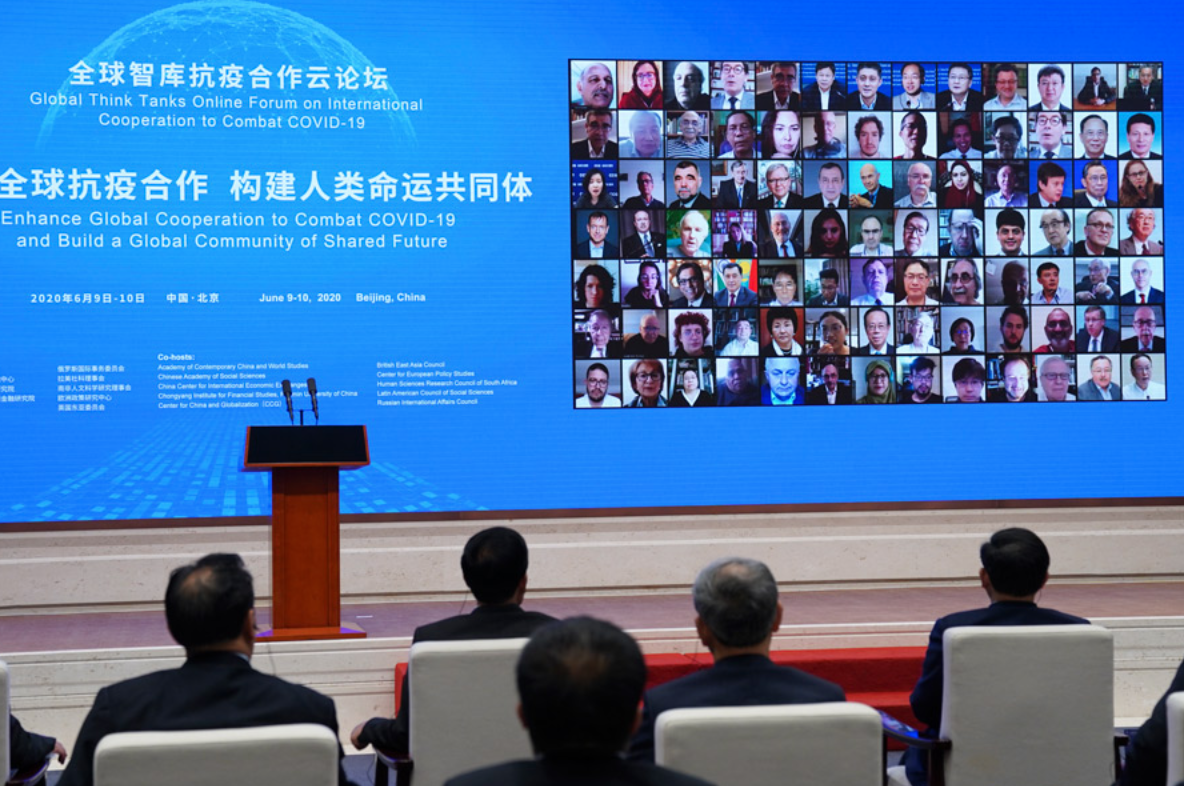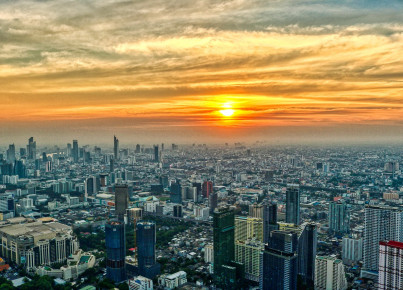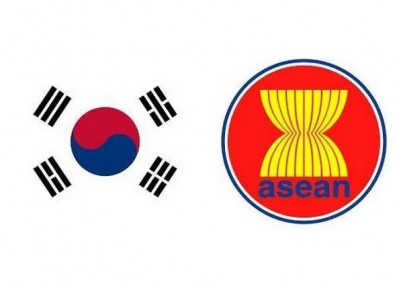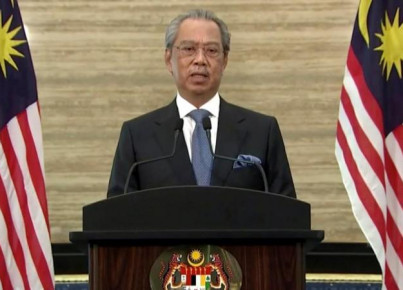On June the 9th and 10th, the International Conference on Global Economic Recovery – New Goals & New Drivers was held in Beijing, organized by the China Center for International Economic Exchange, within the Global Think Tank Online Forum on International Cooperation to Combat Covid-19.
The Vice-President of the Italy-ASEAN Association, Professor Romeo Orlandi, attended the event. Here is the transcript of his speech:
It is obviously difficult to ascertain whether the recovery after the Covid-19 pandemic will be quick, full, partial and which shape it will take. Still, some forecasts are possible, based on current data and past experiences. Very likely, the L shaped recovery will be avoided. Actually, in this case it would be a stagnation, not a recovery. We have already signs in China, in Asia and in some European countries that probably and hopefully the worst is behind us. A fast rebound is on sight, as envisaged by the majority of international organizations and governments. If so, we have a couple of questions to be answered. Will the recovery compensate the recession? In addition, is a new crisis a clear and present danger? The first answer is quite easy: in a short period, the recovery will not regain what we have lost in terms of GDP. The negative impact has been – and still is – so deep that wiping out the loss would be a dream. Statistically, too, that will not be possible. Moreover, there is a good possibility of another crisis, due to the dynamics of the economy and the unpredictability of the Coronavirus. The best guess is a W shaped recovery, which means we are supposed to live with uncertainty, in both good and difficult times. Crisis and recoveries will probably be on governments’ agendas and on ordinary people’s lives for quite some time.
As a consequence, we will be asked to manage a complex situation, where concepts like collaboration and sharing will not simply sound as tools of propaganda. Take the case of the decoupling. Many augur that the economies of the industrialized countries should and must separate their destinies from those of emerging countries. The rationale for this position is in front of our eyes: a decline in China and Asia’s supply have repercussions on the global value chain. This is an obvious result of the globalized delocalization originated in the West. A virus in Asia affected the whole world. Then, with the spread of the epidemic, also the industrialized countries were affected with a tremendous slowdown in economic activities, a painful and blatant crisis of demand. So, what is the good in finding the culprit, to point the finger to others? Is it a wise policy to cancel the integration of different economies and replace it with protectionism and trade war? It is not a matter of right or wrong. It is crucial to consider if we can go back to the old times. Reshoring is now deemed fashionable, aimed at creating new employment in industrialized countries. Will it be possible? Are we going to see the restoration of smoking chimneys now dismissed? Are we ready to create overnight another “factory of the world”, the same we witnessed in Asia over the last few decades? The answer is probably not. You cannot build another industrial powerhouse overnight. So, my final remark, is that the only way to pass this tragic moment is to negotiate, continuing trade talks and accept the best sides of globalization without demonizing it after having created it.






